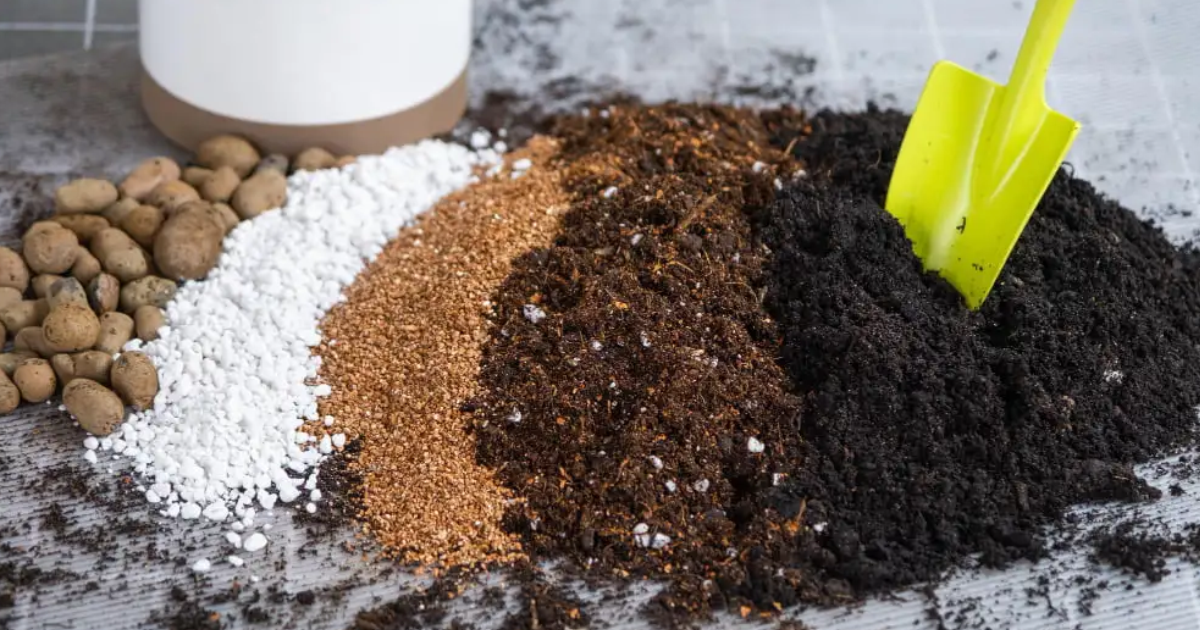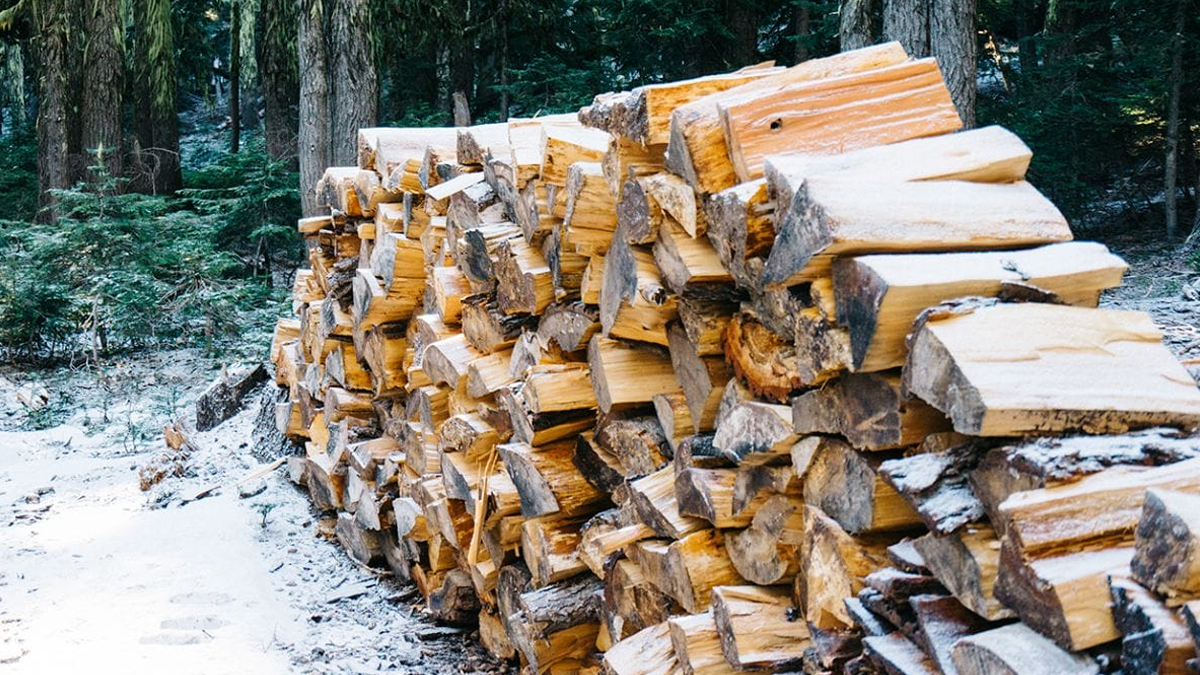
Chicken manure is packed with nutrients, arguably one of the richest organic fertilizers you can look forward to using in your garden. Chicken manure contains high amounts of nitrogen, phosphorus, and potassium-the N-P-K-so important to the development of your plants for healthy and quality soil. On the flip side, chicken manure requires considerable preparation and cautious application to avoid potential mistakes like nitrogen burn or pathogen spread. In this article, we are going to cover everything one needs to know about using chicken manure as fertilizer, from its benefits down to how to apply it safely.
Why Use Chicken Manure?
1. Nutrient-Rich Organic Matter
Chicken manure is observed to be higher in nutrient content than other types of animal manure. The principal constituents of nutrients include:
- Nitrogen (N): This is an ingredient that chicken manure has aplenty, of which a large supply is necessary for leafy development. In plants, nitrogen is generally used in the production of proteins and enzymes.
- Phosphorus (P): The growth of the root will depend on the availability of this nutrient, and it is also useful in the development of flowers and fruits. Hence, plants grown for fruits and vegetables will benefit more from this ingredient.
- Potassium (K): Generally, this nutrient assists the plants in building up the cell walls and regulates the intake of water, making the plant resistant to diseases.
2. Improves Soil Structure
Apart from nutrients, the application of chicken manure contributes to the physical well-being of the soil. Added into the garden, it adds organic matter to the soil that helps in improving the moisture retention ability of the soil, and aeration within the soil becomes better. With time, this increases the accessibility of the root system to more nutrients, therefore making the soil more fertile.
3. Long-Term Benefits
Chicken manure also serves not just as a rapid source of nutrients but also as a slow-release fertilizer. As it decomposes with time, it steadily feeds the plants, leading them to grow steadily over an extended period. This is a very important aspect, especially for sustainable gardening, in which long-term soil health is a priority.
Possible Risks and How to Avoid Them
There are problems with the use of chicken manure, and this lies mostly in its incorrect usage.
1. Nitrogen Burn
When fresh chicken manure, the high nitrogen content might be too much for plants. Application straight into the garden without composting may “burn” them, causing yellowing or wilting and sometimes death.
How to Avoid: Allow the manure to compost before use. Composting reduces the nitrogen concentration to levels safe for plants.
2. Pathogen Contamination
Of course, like all other animal manures, chicken manure can house some injurious pathogens like E. coli or Salmonella that can be a threat to human health unless treated properly.
How to Avoid: Be sure composting is properly done. The compost pile has to reach high temperatures over 130°F or 55°C and sustain such a temperature for a certain period to eliminate undesirable bacteria. Do not apply fresh manure to vegetable crops near the time of harvest.
Composting Chicken Manure
Composting chicken dung is an excellent way to reduce nitrogen levels and kill pathogens. The following section provides a step-by-step process on composting:
1. Collecting the Manure
Collect chicken droppings mixed with bedding materials like straw, wood shavings, or sawdust. These bedding materials balance the carbon-to-nitrogen ratio in your compost pile.
2. Compost Pile
Set up compost in a series of alternating layers between chicken manure green material high in nitrogen and a carbon-rich material such as bedding, dry leaves, or straw. The ideal mix is about 30 to 1 carbon to nitrogen.
Your compost pile needs good aeration for breathing room, which actually helps the breakdown process.
Water occasionally to maintain some dampness but avoid sopping wet.
3. Turn the Pile
Turning the compost pile regularly, probably once every 1 to 2 weeks, assures an appropriate dispersal of heat and oxygen, which hastens decomposition. This will help the pile maintain temperatures that are high enough to kill harmful pathogens.
4. Curing Time
Allow curing for at least 6-12 months. This time will enable the manure to break down into nutrient-rich safe fertilizer in your garden.
5. Testing for Readiness
Compost will be ready when it has a crumbly, soil-like texture and an earthy smell. The material should no longer have any repulsive odors and must not feel hot to the touch.
How to Apply Chicken Manure Fertilizer
Now that you have completely composted the chicken manure, it is time to apply it into your garden. Here’s how:
1. Incorporation into Soil
Mix into the top 6-12 inches of garden soil before planting. This may be essential in highly demanding vegetable and fruit farms. Spread about 1-2 inches of manure on top of raised beds or smaller areas and mix into the soil.
2. Top Dressing for Established Plants
It can also be used as a top dressing around plants that are resident. Simply spread out a thin layer, about 1/2 inch thick, of composted manure around the base of plants while avoiding any direct contact with the stems or foliage to avoid burning.
3. For Use During Growing Season
For heavy feeders, such as tomatoes, peppers, and corn, one could again apply composted chicken manure during the growing season. This mid-season application of extra nutrients sometimes helps give a plant that little boost it may need to begin really thriving.
Best Practices for Using Chicken Manure Fertilizer
1. Application by Season
Composted chicken manure should be applied in early spring before planting and in fall after the harvest. This allows nutrients to be gradually absorbed into the soil and the compost further broken down, if it needs to be.
2. Amount to Use
On the other hand, over-application of composted manure may lead to soil- nutrient imbalance, particularly nitrogen. A thumb rule is to apply approximately 20-30 pounds of composted manure per 100 square feet of garden space. For a smaller garden, 1-2 inches of composted manure will be adequate, being spread on the surface and mixed into the soil.
3. Monitoring of Soil Health
You will want to apply just the right amount of chicken manure. For this, use a soil test kit or send along soil samples to a local extension service. Too much nitrogen promotes great leafy growth, sacrificing flowers and fruits, while too little stunts plant growth.
Environmental Concerns
Chicken manure fertilizer also follows along well with green gardening. It reuses waste and cuts down on chemically enhanced fertilizers that can degrade the soil and pollute the water. However, it has to be applied responsibly:
Do not over fertilize because it can runoff into a nearby stream or lake and pollute that water.
Composted manure should be applied while the plants are in their active growth stage so they may readily and wholly absorb the nutrients provided reducing waste.
Conclusion
Chicken manure serves as a very good organic fertilizer that boosts the yield in your garden considerably. It helps improve soil structure, introduces vital nutrients for plants, and aids in long-term soil health. However, it does require appropriate composting and land application to avoid potential problems, which include nitrogen burn or pathogen contamination. If applied well, with the best practices concerning timing and quantity, chicken manure can make your garden a richly fertile ecosystem.
Whether it is vegetables, fruits, or flowers that you grow, the inclusion of chicken manure in gardening could be one of the most rewarding and extremely sustainable approaches to a worthwhile harvest.






